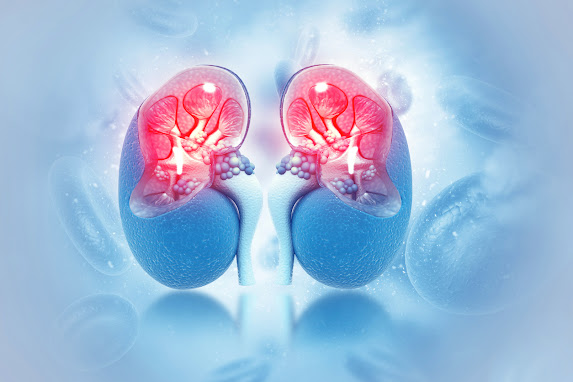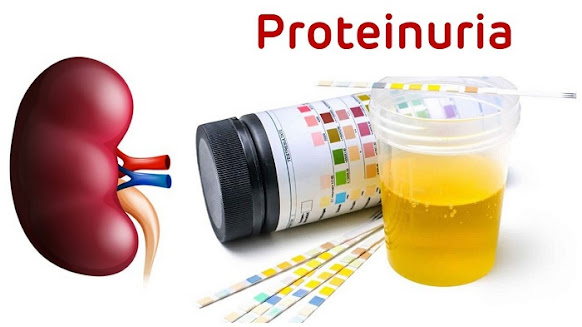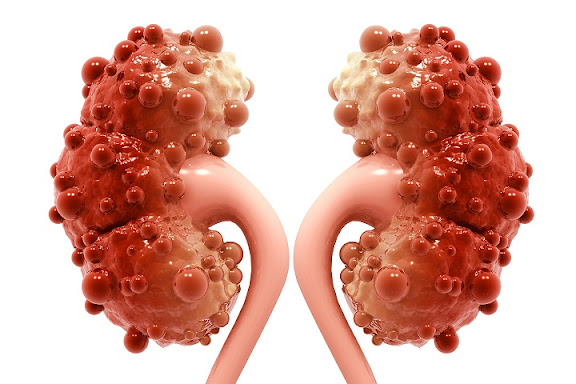Is Ayurveda an effective treatment for chronic kidney disease (CKD)?

Your kidneys work hard throughout the day to remove wastes, toxins, and excess fluid from the blood. Each kidney varies slightly compared to the size of your closed fist. Every 30 minutes, it filters all the blood in your body. Their work duties also include: Controlling blood pressure. Stimulating the production of red blood cells. Keeping your bones healthy. Regulating blood chemicals essential for life. CKD occurs when the kidneys get damaged and cannot filter blood as they should. As the kidneys cannot filter, this excess fluid and waste from blood remains in the body and may cause other health problems, e.g., heart disease, stroke, etc. The other consequences of CKD include: Anaemia Higher rate of infections Low calcium levels High potassium and high phosphorus concentrations in the blood Loss of appetite, nausea Depression CKD has varying side effects as per the degree of seriousness. And when it is left untreated, it has been seen that CKD can progress to kidn...




